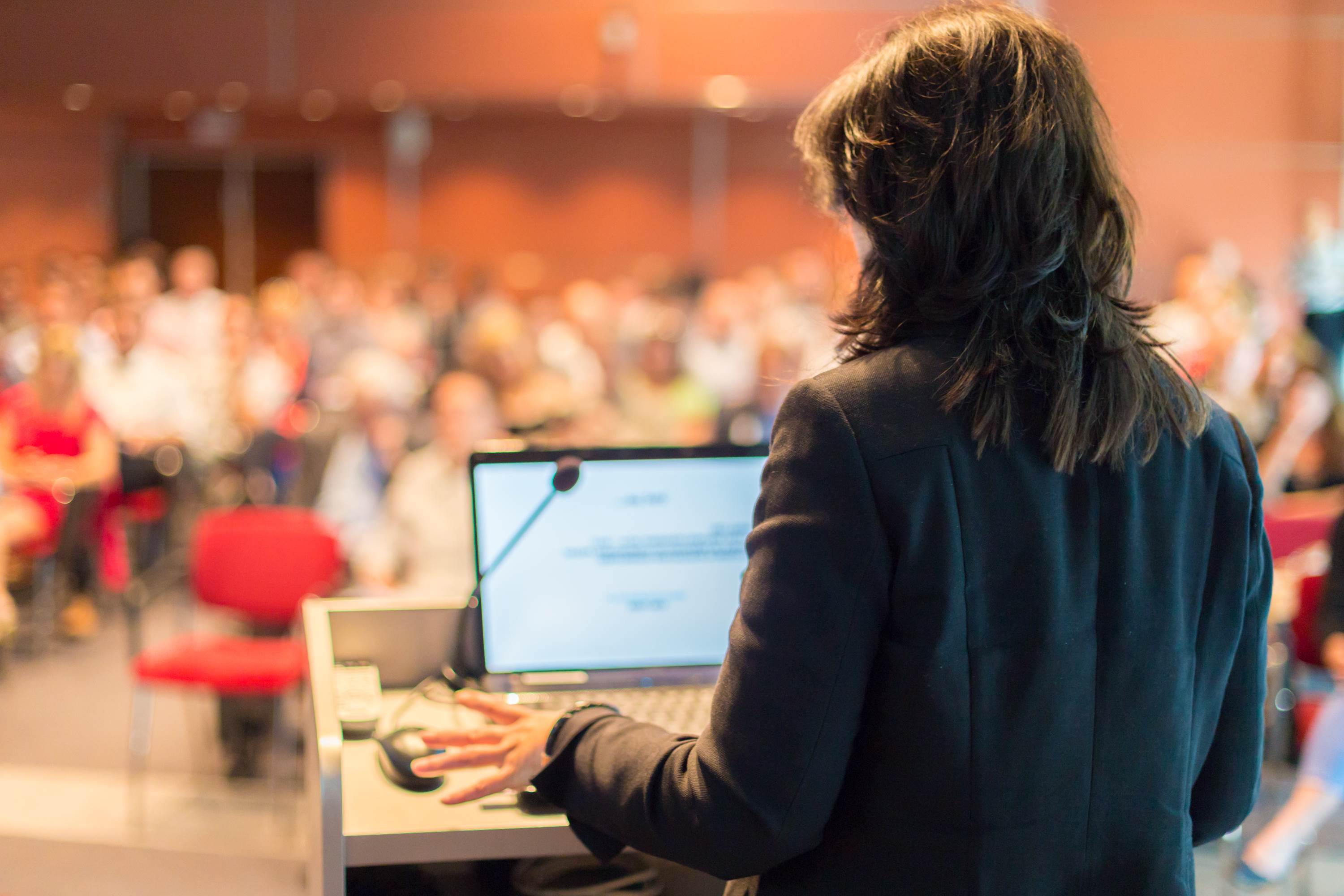The purpose of this World Café session is to explore the multifaceted challenges to global stability presented by ongoing conflicts and political unrest in regions such as Ukraine, Sudan, the Middle East and more. Participants will engage in discussions to share insights, perspectives and potential solutions to these pressing issues.
Objectives:
- Understanding the key issues: Identifying the drivers of conflict in these named regions and elsewhere and how they threaten wider global stability
- Collaborative solutions: Encourage knowledge sharing and collaborative thinking among participants in the search for peace and stability
- Fostering connections: Build networks among stakeholders for ongoing dialogue and action on the issues. Identify key players at every level, local, regional and international and discover where you are best place to make an impact.
Discussion Points:
- Impact on international relations: How do these conflicts affect diplomatic relations between Commonwealth nations?
- Humanitarian issues: Address the human cost of conflicts and the international response to humanitarian need.
- Economic consequences: What are the global economic impacts of these conflicts, such as disruption to trade, supply chains, and energy supply.
- The role of international organisations: What role can international bodies such as the UN, NATO, Africa Union etc and regional organisations in addressing these challenges
- Future prospects: Consider potential resolutions and peace-building strategies tailored to each region.

